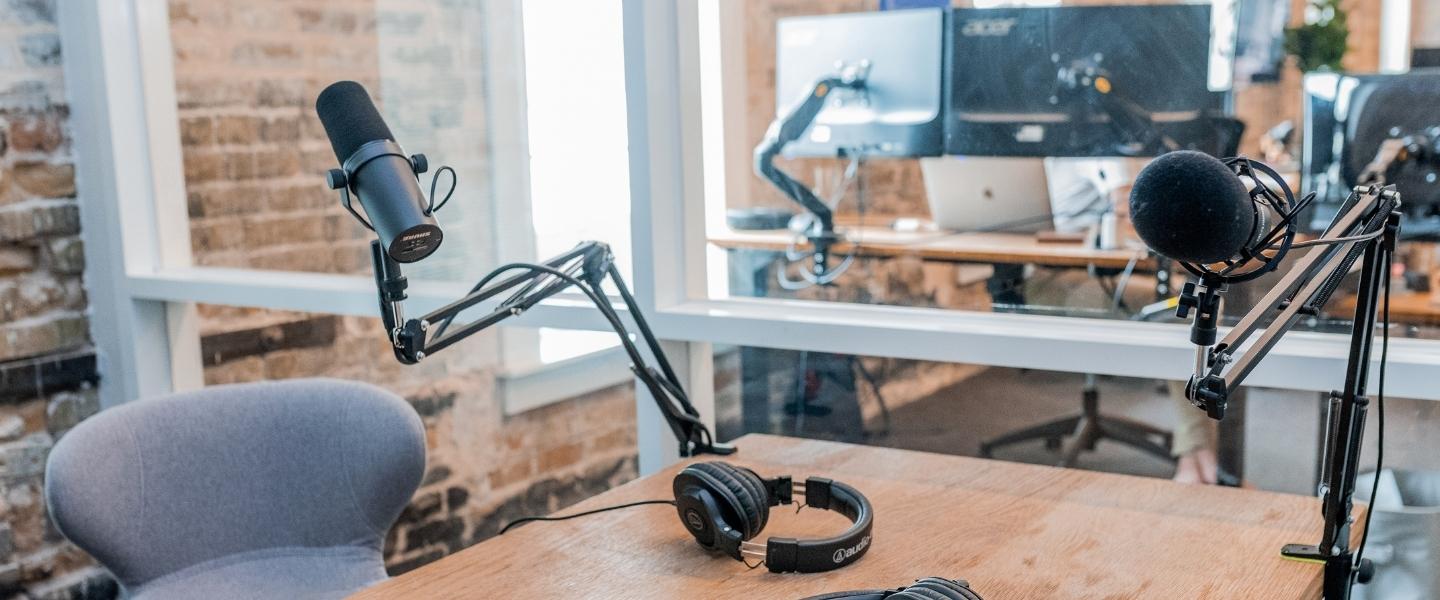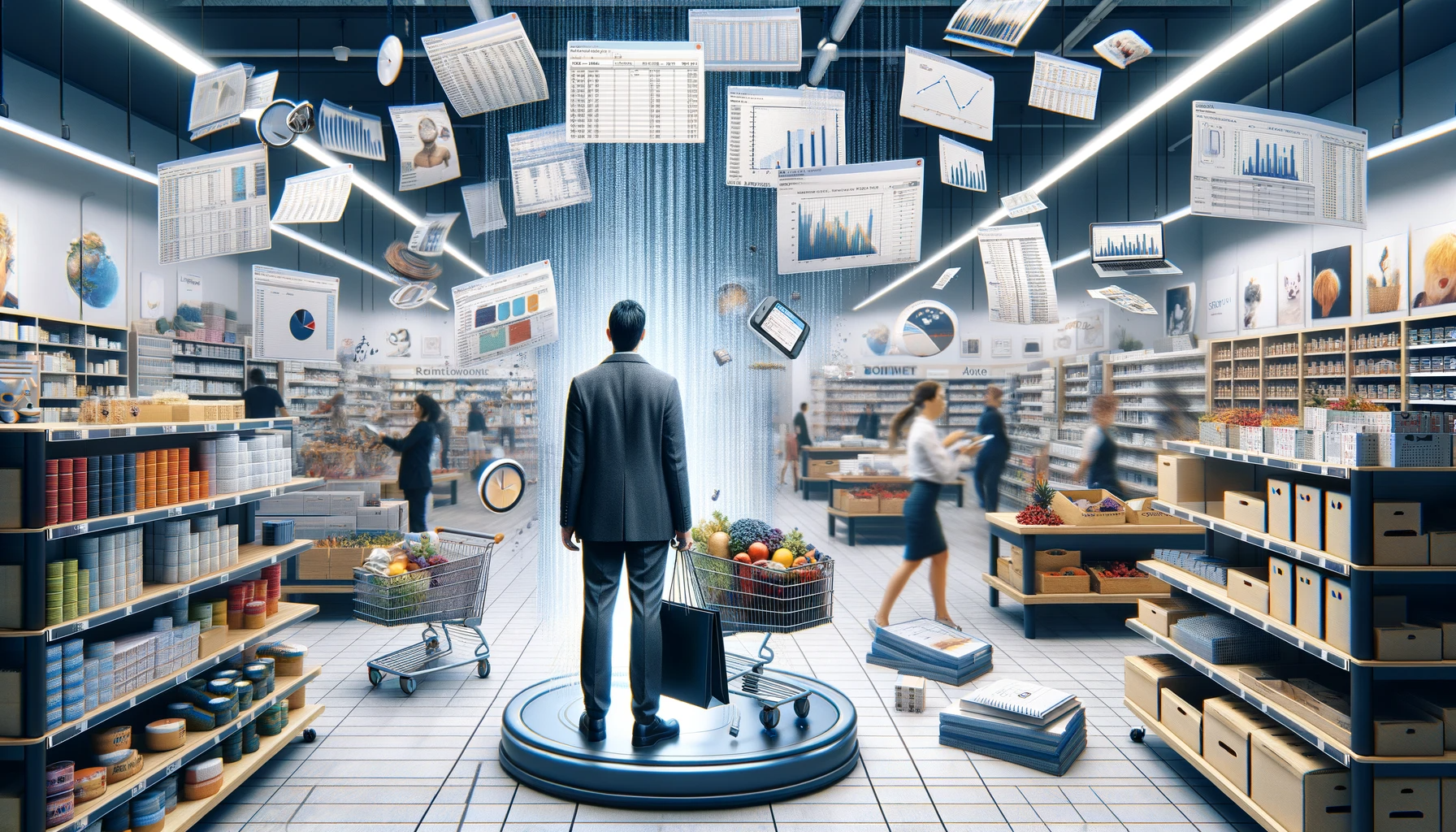What fun and what an honor to host a fireside chat with Professor Jose Luis Nueno of IESE Business School and Merkle CTO Matthew Mobley! Plus we had a great audience: interactive and full of questions.
Professor Jose Luis Nueno once again showed why he is a Marketing legend. I found his views on the “Darwinian Moment” facing retailers profound, and the recording is now available to watch on-demand.
Watch Now: New Normal Webcast
In brief, he discussed the intense pressures already hurting traditional retailers in the EU and US before the Covid-19 pandemic, which had resulted in falling revenue. Now weakened further by the pandemic, they face tough challenges adapting to the new normal. He also said that Millennials had been the top consumer target before the pandemic, but they have been hit hard financially (except in China). Post-pandemic it is Boomers who are more likely to spend.
The Professor’s insight on Commercial Real Estate was also fascinating. As he will discuss in more detail at the upcoming Mobile World Congress, the pandemic has disrupted commuting patterns and thus has changed — perhaps with lasting effects — where shopping occurs. It could change the nature of store locations, with retailers closing old stores, but opening showrooms and customer service centers in new locations featuring hybrid digital/real-life experiences.
Matthew Mobley shared that pre-Covid, as consumers became more digital, he saw many companies planning strategies based on that trend. While digital-native companies like Amazon did well, the pandemic made trend-based digital strategies inadequate. Nearly everybody has been scrambling since mid-2020, “a mad sprint for some.” Now strategies clearly need a re-think.
He called out Theme Parks as an example. Parks are now jammed in the US with massive pent-up demand. Park customers are shopping and engaging online before they visit, and the experience matters. Matt said, “we are a hell of a lot better at digital experience now than before the pandemic,” which is important because “product alone” isn’t winning. People are choosing experience over product.
We had some great audience questions during our chat. One was “What do you see innovative companies are doing differently to get customer engagement?” Matt said innovators are looking at the customer experience over a longer period of time, not just optimizing moments. Innovators are also doing better at operationalizing the data, by moving decisioning and analytical processes forward, so the experience can be different for each customer. This is really powerful when marketing is done well and technology is there to support it.
We had questions about the cost of deploying a hybrid physical/digital model in Retail. Professor Nueno agreed the costs could be brutal. Especially for financially weak retailers, it offers impossible choices. A related question was about inflation, “who will bear the costs?” The Professor said that surprisingly, many people now have more savings. Inflation is not surprising with rapid growth in major categories and “destroyed supply chains.” This will push growth toward discounters, and private-label will boom.
On the subject of data privacy, Professor Nueno thinks consumer attitudes in the EU are different from the US. The EU has GDPR, and today most consumers feel protected in the EU. Matt sees a lack of trust in the U.S., partly rooted in fragmented and uncertain laws. He stresses the need for loyalty tactics, a focus on valuable first-party/zero-party data, and simplicity when collecting data. In my view, consumers today are just opting in to make “the box” go away. As Professor Nueno said, people will demand — not what you offer them — they will demand what they want in return for their data! Soon someone will organize consumers to re-negotiate the balance of power. Or an entrepreneur will offer a service.
At Intent HQ, we find our Telecoms clients are equally sensitive about data privacy in the EU, Latam, and North America. Fortunately, technology has enabled us to create enough abstraction, selectivity, and noise injection to ensure that organizations can maintain the integrity of data while also upholding individual privacy. It’s a balance, finding the right equation between the enterprise and the consumer.
In this short recap, I have left a lot out. Click here to enjoy the recording.




